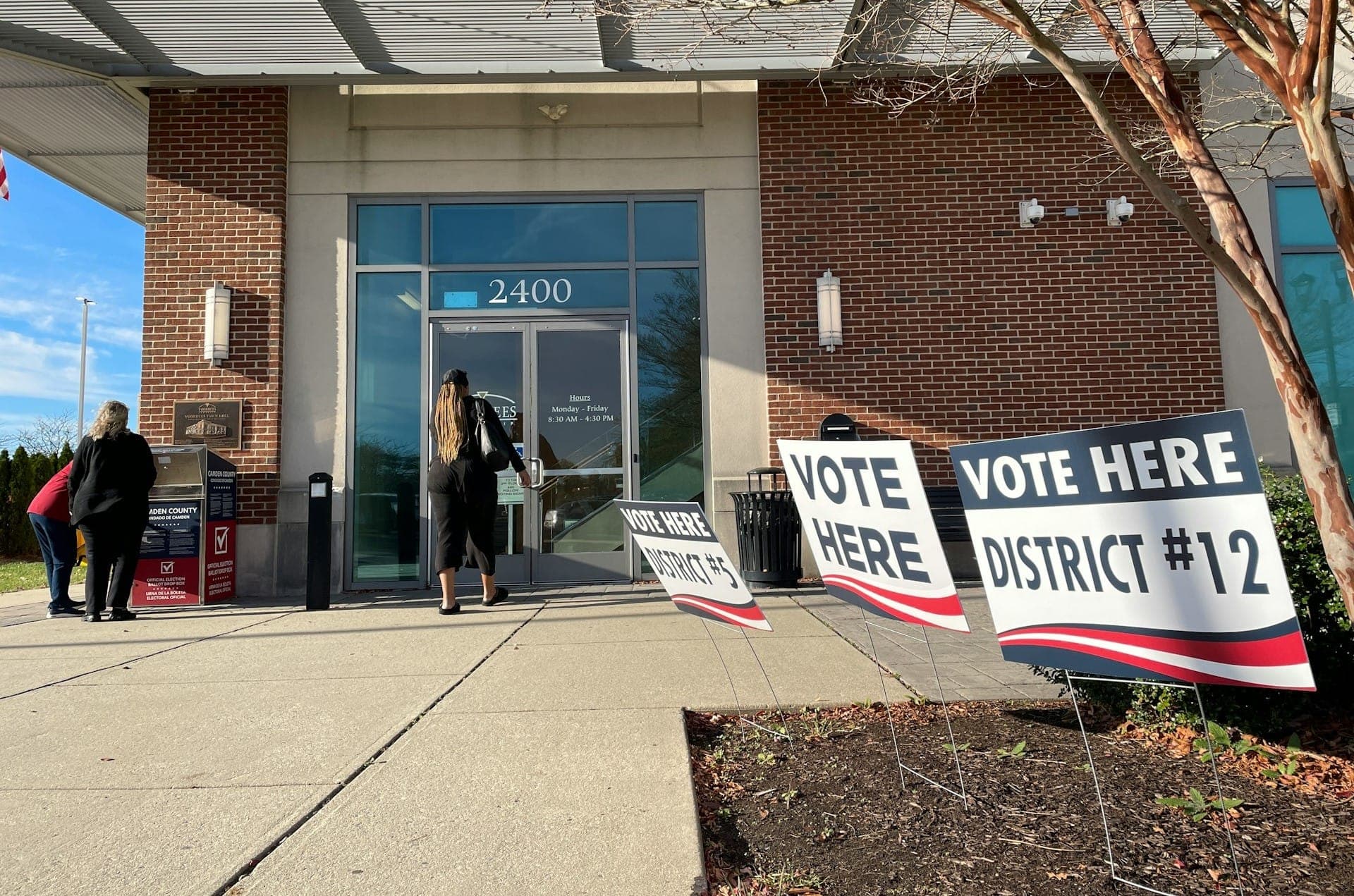Report: More States Banned Ranked Choice Voting in 2024 Than Any Other Year

Photo Credit: Ernie Journeys / Unsplash
Ballotpedia released a report on the increased efforts in various states across the US to ban ranked choice voting (RCV), a popular nonpartisan reform that continues to gain momentum.
According to the report, more states passed RCV bans in 2024 than any other year to date. These states include Alabama, Kentucky, Louisiana, Mississippi, and Oklahoma.
Louisiana, in particular, stands out because state lawmakers have worked to undermine all types of nonpartisan reforms that are popular with voters, including gutting the state's nonpartisan primary system.
There were no laws barring the use of RCV until 2022, when Florida and Tennessee became the first states to pass bans. Idaho, Montana, and South Dakota also banned its use in 2023.
This makes 10 states in total and 2024 is only halfway over. The Missouri legislature approved a measure for the November ballot that would ban the alternative voting method.
To bolster its chances for success, Missouri lawmakers added the RCV ban to an amendment that would make it illegal for noncitizens to vote -- something that is already illegal under state and federal law.
In Alaska, there is an attempt to repeal election reform approved by voters in 2020 that implemented a nonpartisan top-four primary with ranked choice voting in the general election.
Under this system, all voters and candidates -- regardless of party or lack thereof -- participate on a single primary ballot and the top 4 vote-getters move on to the general election.
Alaska was the first state to adopt the Top 4 election model -- which served as a catalyst for efforts to stop reform growth, but also for the expansion of similar initiatives in several states.
In 2024, 4 states could adopt election models similar to the Top 4 system used in Alaska, including Idaho and Montana, which would repeal the states' current bans on RCV in elections.
Reformers in Colorado continue to gather signatures for a Top 4 model. However, the legislature passed a bill with zero debate or public input that erects barriers to reform implementation.
Nevada also has a measure on the ballot, but instead of a system that advances 4 candidates to the general election, the initiative calls for 5 candidates, who will then compete on an RCV ballot.
The initiative was already approved by a majority of voters in 2022, but state law requires this type of amendment to the state constitution to be approved in 2 consecutive election cycles before it becomes law.
In the District of Columbia, Initiative 83 would open primary elections to independent voters under a semi-open system and calls for RCV to be used in all District elections.
And finally, Oregon will vote on a proposal to use ranked choice voting for state and federal elections.
Reformers continue to push forward as an increasing number of Americans demand better elections and a more representative political process -- even as those who benefit from the status quo try to squash these efforts.
 Shawn Griffiths
Shawn Griffiths






